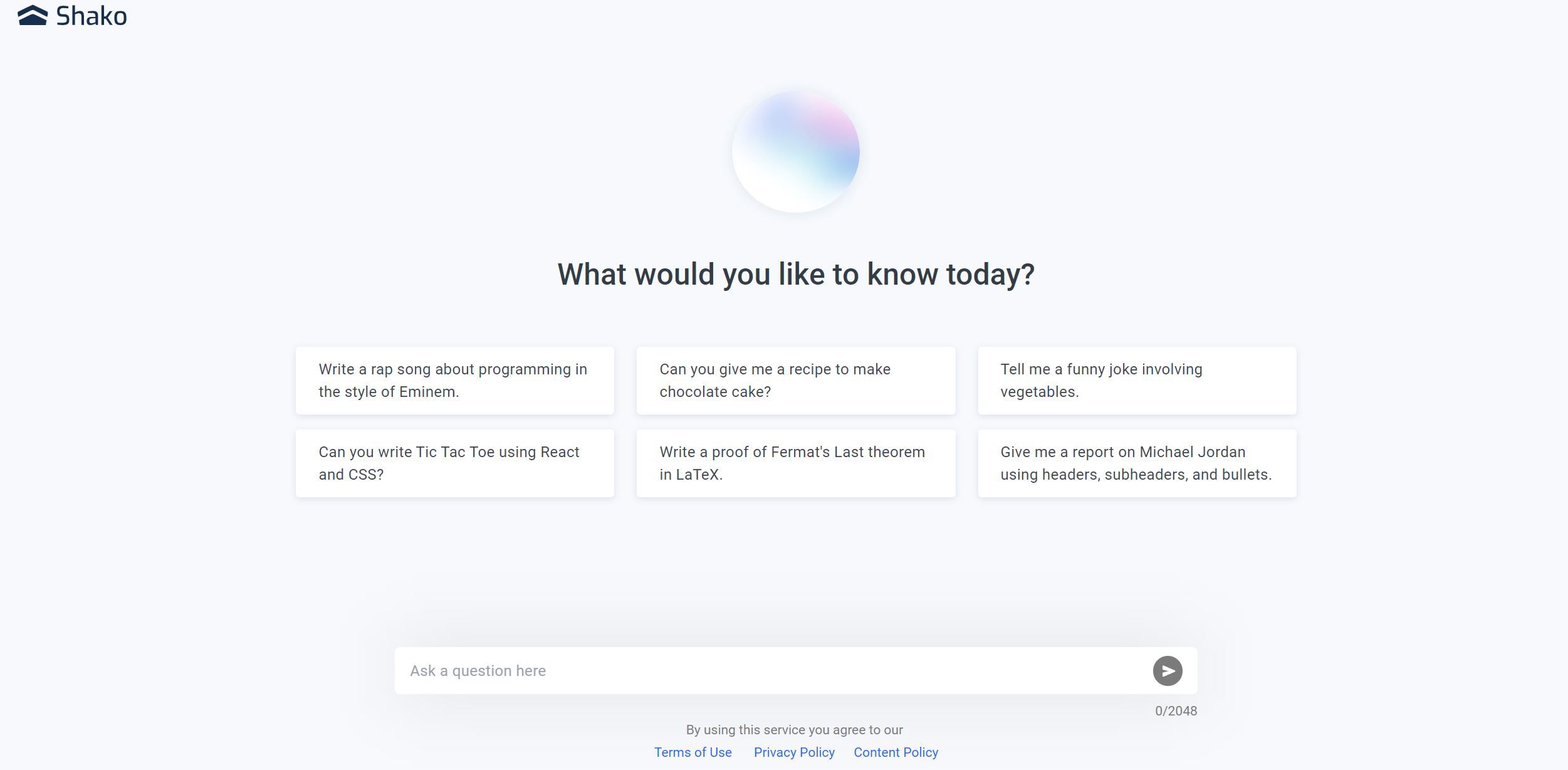Best for:
- Students
- Professionals
- Teams
Use cases:
- Meeting notes
- Project management
- Research organization
Users like:
- Marketing
- Product Development
- Research
What is Evernote?
Quick Introduction
Evernote is a versatile note-taking and organization tool designed for individuals, professionals, and teams who need a reliable solution for managing their various kinds of notes, to-do lists, and documents. It provides a centralized platform where users can efficiently capture ideas, organize tasks, and collaborate with others, all in one place. This tool is suitable for students, content creators, remote teams, and anyone who values productivity and effective information management. With Evernote, users can sync their notes across multiple devices, allowing for seamless access and updates anywhere and anytime.
Pros and Cons
Pros
- Cross-Platform Syncing: Evernote syncs notes seamlessly across all devices, providing constant access to important information.
- Powerful Search Functionality: Its robust search capabilities allow users to quickly find notes, even within attachments and PDFs.
- Integration with Other Tools: Evernote integrates well with a range of third-party applications, enhancing productivity.
Cons
- Limited Free Plan: The free version has notable restrictions compared to the premium plans, especially in terms of storage and device syncing.
- Learning Curve: Some users find the array of features overwhelming and may need time to learn how to use them effectively.
- Expensive Premium Plans: The cost of premium plans can be considered high, particularly for casual users who might not need all the features.
TL:DR.
- Centralized note-taking and organization platform.
- Seamless cross-device synchronization.
- Integrates well with other productivity tools.
Features and Functionality:
- Note Organization: Users can create notebooks and tags to categorize notes, helping in easy retrieval and organization.
- Web Clipper: Allows users to save web pages, articles, and PDFs directly into Evernote for future reference.
- Task Management: With its built-in to-do list, users can manage tasks within their notes, ensuring a cohesive workflow.
- Search and Storage: Robust search function enables finding notes by keywords, tags, or even text within images and documents.
Integration and Compatibility:
Evernote integrates with a diverse array of platforms such as Google Drive, Microsoft Teams, Slack, and Outlook, making it more powerful by incorporating other productivity tools into its ecosystem. Additionally, it supports various web browsers via the Evernote Web Clipper and can be accessed on iOS, Android, Windows, and macOS, ensuring compatibility across different operating systems.
Benefits and Advantages:
- Efficiency and Productivity: Provides a complete suite for managing notes, which streamlines workflows and saves time.
- Improved Collaboration: Allows teams to share and edit notes in real-time, fostering better teamwork.
- Extensive Compatibility: Works with many third-party tools and services, enhancing its usefulness in varied digital environments.
- Comprehensive Search Features: Helps quickly locate information stored within notes, images, and documents, improving decision-making.
Pricing and Licensing:
Evernote offers various plans to cater to different user needs. The Basic plan is free and includes limited device syncing and note storage.
Do you use Evernote?
The Premium plan is priced at around $7.99 per month, offering more extensive features like access to notes offline and enhanced search capabilities. The Business plan costs $14.99 per user per month, providing advanced administrative features and team collaboration tools.
Support and Resources:
Evernote provides several support options including a comprehensive documentation library, a community forum where users can interact and seek advice, and customer service through email and chat. Premium users get priority support and can access additional resources like webinars and training materials.
Evernote as an alternative to:
Evernote stands as a robust alternative to Microsoft OneNote with its more intuitive tagging and notebook system. While OneNote has impressive features and integration within the Microsoft 365 ecosystem, Evernote’s superior organization, search functionalities, and highly developed web clipping capabilities set it apart.
Alternatives to Evernote:
- Microsoft OneNote: Great for integration with Microsoft 365 applications and a completely free tool with strong note-taking capabilities.
- Notion: Offers a more flexible structure suitable for detailed project management and advanced organization needs.
- Google Keep: A simpler, minimalist tool ideal for quick notes and reminders, with strong integration within the Google ecosystem.
Conclusion:
Evernote is a comprehensive tool for note-taking, organization, and productivity. It excels in features like cross-platform synchronization, powerful search functionalities, and robust integration capabilities, making it ideal for students, professionals, and teams. Despite some limitations in its free plan and price points for premium versions, its advantages outweigh the drawbacks, ensuring effective information capture and management.
Similar Products
Kloud Chat
Kloud Chat offers AI-powered assistance for mobile tasks and inquiries, enhancing the user experience in the life assistant category.



